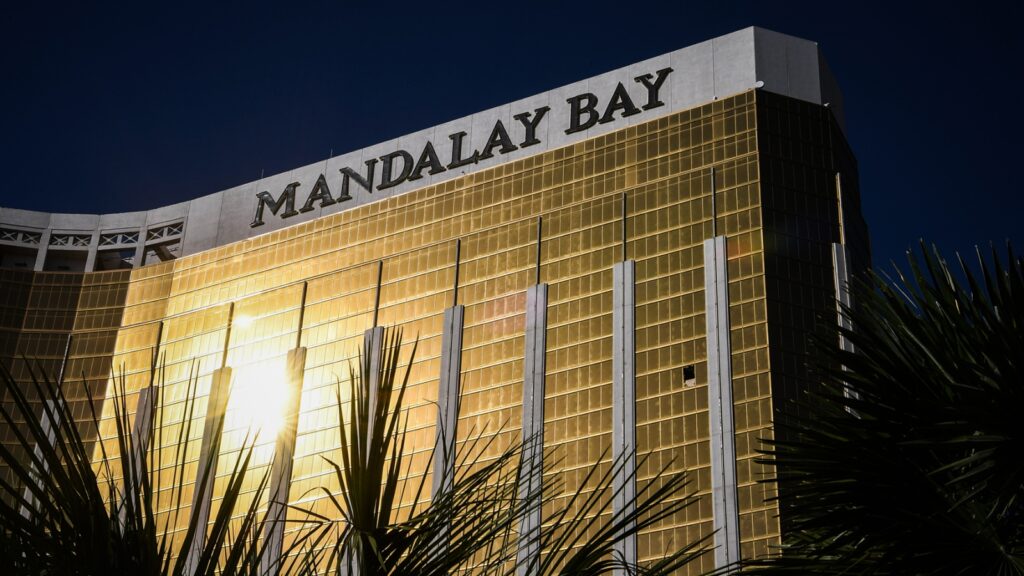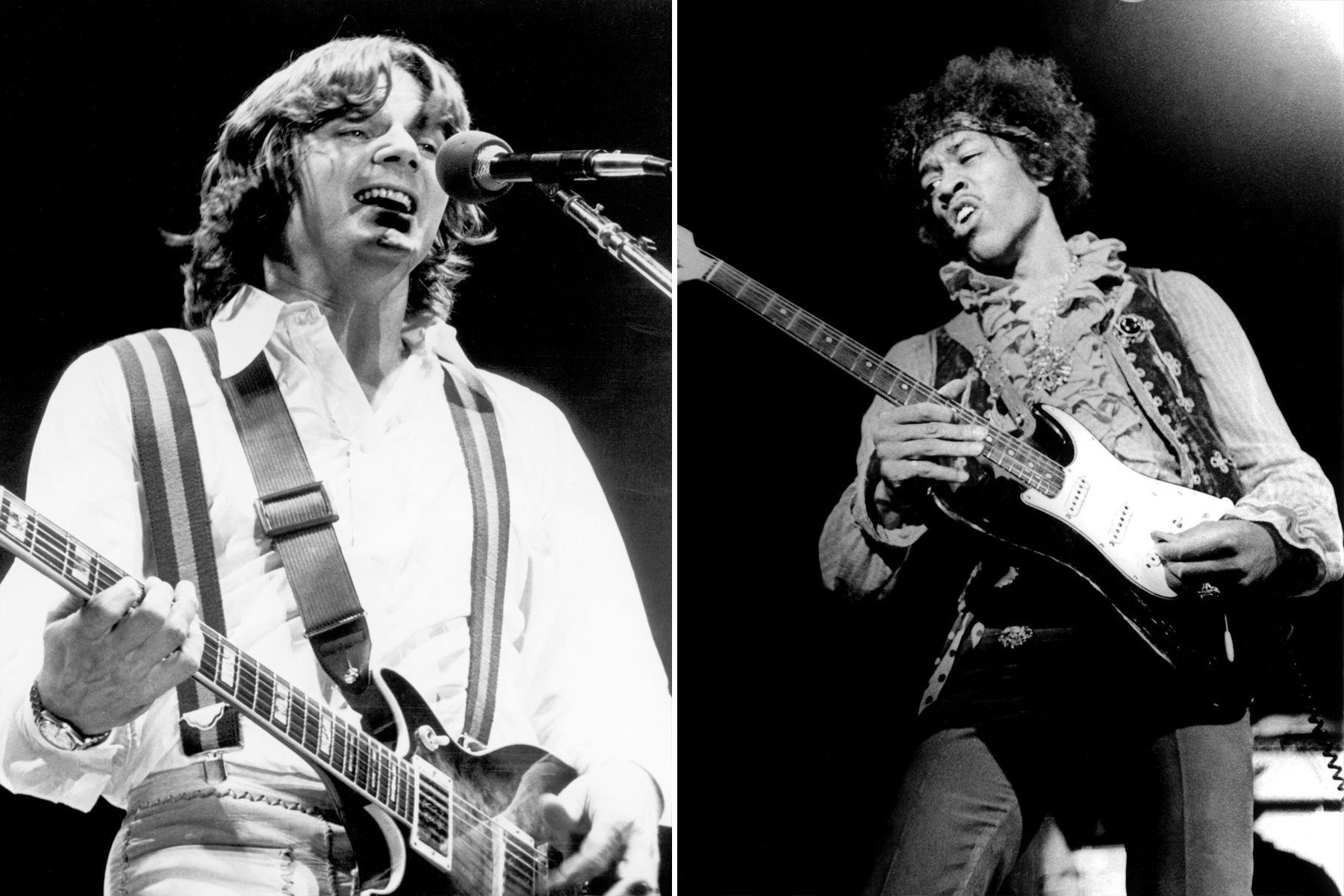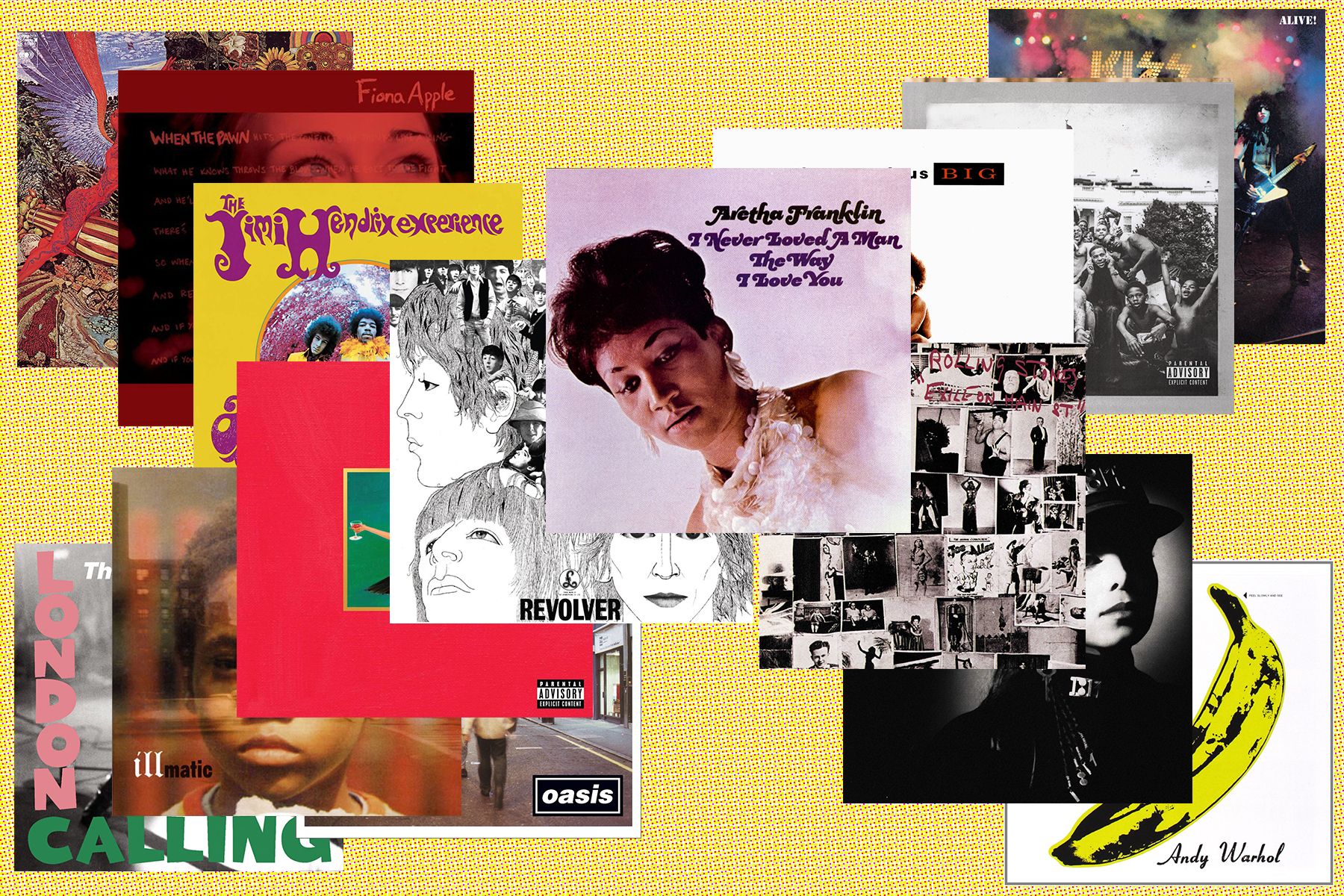
Las Vegas Shooter Was Obsessed With Hitler and Oklahoma City Bombers: FBI
The man who fatally shot 58 people at the Route 91 Harvest festival on Oct. 1, 2017, was into Hitler and other mass killers, according to new documents released by the FBI. The records paint a picture of 64-year-old Stephen Paddock as a recluse who became increasingly interested in guns in recent years.
The question of motive has dogged survivors of the shooting, where Paddock opened fire on the concert from his room on the 32nd floor of the Mandalay Bay Resort and Casino before taking his own life. Las Vegas Police determined they could not find a motive, and the FBI in 2019 said they could not determine a “single or clear motivating factor” in the shooting. As Rolling Stone reported last September, people who had walked away from the scene that day were still struggling with a lack of information and answers five years after the life-altering ordeal.
In the latest trove of documents, FBI interviews with people who interacted with the shooter offer some insight into his habits and interests, his demeanor, and his state of mind before the attack.
One person who knew the gunman told an FBI agent that Paddock “thought Adolf Hitler was a good man,” and that he was “fascinated” with the Oklahoma City bombers, who killed 168 people in 1995. They described him as “mad at the system” and said he “did not like how things were going.” The shooter had begun stockpiling money in the months before his attack, the interviewee said. He also described hearing him make “threats,” but did not take them seriously until May 2017. The heavily redacted records make it unclear how he responded to the threats after that.
Known for his status as a big-spending gambler, the gunman favored video poker and would sometimes spend 18 hours at a time in casinos, the records reveal. One fellow gambler told the FBI that casinos had recently cut back on the perks they’d previously extended to high-rollers, including free cruises and penthouse suites, and that Paddock was displeased about this. He was “very upset at the way casinos were treating him and other high rollers,” the gambler said, adding, “the stress could easily be what caused Paddock to ‘snap.’”
A woman who worked at the Tropicana Las Vegas told the FBI that all her interactions with the shooter were positive, although he never spoke of anything but gambling with her. The last time he visited the Tropicana was about three weeks before the shootings. He lost $38,000 that visit.
Over dinner at Applebee’s three years before the shooting, the gunman told a friend who knew him since high school that he had bought a handgun for protection, because “gambling had become his main source of income” and he was concerned that he had been “earning a lot of cash.” The friend told the FBI he’d never known him to be a hunter or outdoorsman.
In addition to gambling, the FBI reports noted that Paddock made money by managing apartment buildings and buying and selling properties in Los Angeles and Texas. In 2012, his family sold a complex in Texas and he used his earnings to buy “dozens of weapons that were ultimately used in the shooting.”
A neighbor told the FBI that the assailant was “very strange” and “never made eye contact.” He never had lights on, she said, “except sometimes during the middle of the night at 2 or 3 a.m.” The windows were dark, and he always wore work gloves and occasionally dark glasses, the neighbor said. Days before the shooting, she had seen him in his driveway, his hands on his hips, looking “pissed,” she said. She’d asked what was wrong. He was “very upset” about a “small dirt mark” left on his driveway. The neighbor said the power company had been by earlier that day and must have parked there. “Paddock was extremely upset about it,” the report stated.
The documents also reveal that a month after the shooting, the Las Vegas Police Department received a manila envelope with no return address or postmark containing copies of 11 letters. The letters had been purportedly found in a vacant office building in Mesquite, Texas. Redactions in the report obscure who wrote them, but they were related to Paddock. The report shows the FBI made efforts to authenticate the letters, but it’s unclear what the outcome was. The shooter is known to have left behind no suicide note or manifesto.



